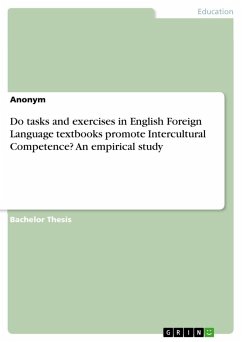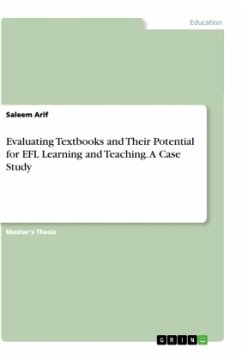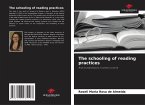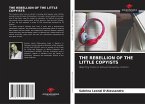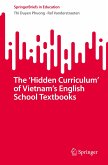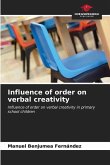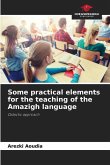This book proposes a study into the construction of the criteria currently used to adopt Portuguese language textbooks for secondary schools. It takes as its object and source of study the National Textbook Programme Guide (PNLD) published in 2012, investigating how this text sets out the criteria for approving Portuguese language titles for secondary education, how official documents impose an 'order' on books, in the sense suggested by Roger Chartier (1990). By establishing the conditions for approval, the PNLD also ends up ordering the writing and publishing of the titles it recommends. This being the case, one cannot fail to articulate the issues surrounding the adoption of textbooks with questions relating to high school Portuguese language curricula, the professional careers of the programme's evaluators and the needs of the publishing market, as these aspects are essential to understanding the textbook as a product and, at the same time, a producer of publishing and schoolinitiatives.
Bitte wählen Sie Ihr Anliegen aus.
Rechnungen
Retourenschein anfordern
Bestellstatus
Storno


